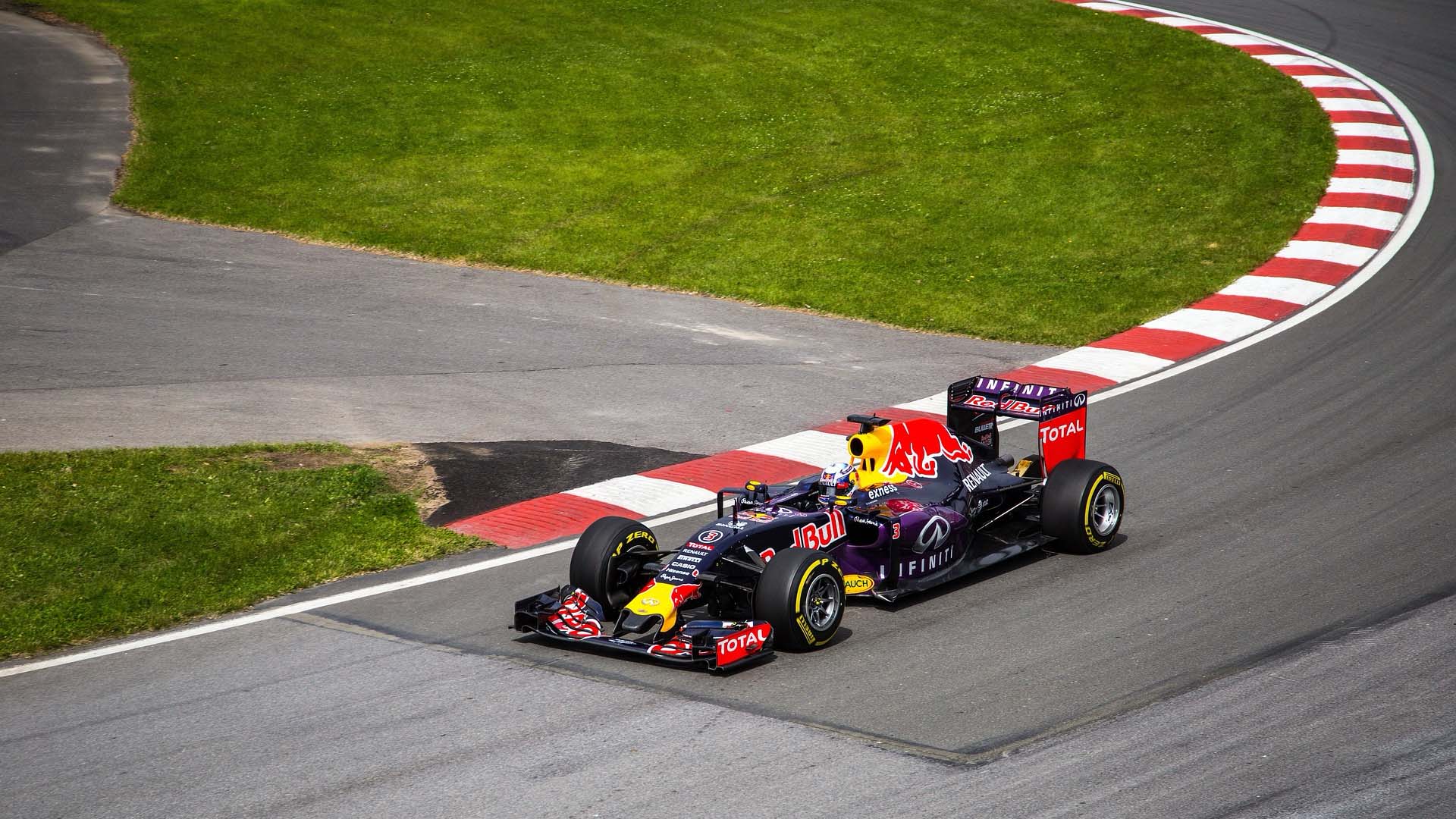Sponsorships are among the most essential things in the development of almost every sport, and Formula 1 is no exception. They play a crucial role not only for individual teams but also for the sport itself.
So, F1 teams couldn’t sustain the financial burden and cover the costs of developing vehicles, paying staff, and operating in general without a strong sponsor. Of course, the competition itself gains financial stability through these sponsorships, too.
This car racing competition in the past attracted sponsors from several industries, such as financial institutions, oil companies, car manufacturers, and luxury goods. However, things have been changing lately, and new sponsorships are starting to emerge, ones already knee-deep in other sports – gambling.
For many, this makes the whole industry a bit too blunt and distasteful on the one hand, but it was a natural progress that was always around the corner. It’s not that there’s something wrong with that, but it feels like we’re losing the finite things in the “marketing engineering ” side of things.
However, one needs to look at things from all angles to build an appropriate opinion. Let’s start with the analysis of the sponsorships themselves.
188Bet As a Local sponsor of the Formula 1 Competition
So that there are no doubts about whether F1 is for or against the gambling industry, in 2020, Formula 1’s management concluded an agreement with 188Bet, one of the most famous online casinos in the Asian market.
This 5-year contract is local, i.e., focused on races held in Asia. Interestingly, it builds on the agreement of this competition concluded with ISG in 2018 for gambling-related sponsorships. Although there are no official figures, this deal, according to many, brought at least $100m.

PokerStars and Red Bull
Another excellent example of cooperation, this time at the level of an F1 team, is that between PokerStars and Oracle Red Bull Racing. The initial contract was concluded in 2022 and is renewed annually. Although there’s no exact data, this partnership is assumed to be worth several million dollars a year.
The Stake F1 Team
Sauber Motorsport took the gambling sponsorship thing to another level when it rebranded itself to Stake F1 Team. So, in 2024, we got the first team named after one of the world’s most famous crypto online casinos.
Boomeranging the Age-Old Question
There is no doubt that the deals we have taken as examples above (and several other examples as well) bring financial benefit to the teams and the casinos/sportsbooks. But what about the morality of this whole situation?
People often like to discuss the morality of specific actions and activities. Still, until just a few years ago, no one thought such debates would occur among Formula 1 fans.
For several years, well-known online casinos and betting sites have put their logos on driver racing suits, helmets, and cars. By doing so, they become noticeable in the eyes of millions of fans worldwide.
On the other hand, all this brings uneasiness among some people due to possible gambling problems that seem to develop quickly, at least among specific categories of fans. As we said, the financial benefit is something no one can deny, but tying Formula 1 to one industry only could shift the optics of the whole brand.
It’s a finite dance, one that’s possible, but it needs to be perfectly balanced for all the included parties to be satisfied.

Regulations are Keeping Things Tidy(ish)
One of the things that make sponsorships from gambling companies challenging is the subtle normalisation of this potentially risky activity.
As we said, there are millions of fans of this sport worldwide, and many of them are young people who are easily influenced. They genuinely love the teams they support and see idols in the drivers. Looking at sponsor logos and advertisements, they naturally associate Formula 1 with gambling. They simply see gambling as an extension of the fun and enjoyment of sports.
This normalisation can lead to risky behaviours. Of course, the vulnerable demographics are the first to be hit here. Numerous studies confirm that there is a connection between exposure to gambling advertising and increased participation in that activity. Young people are a hazardous category because they fall more easily under influences and do not fully understand the consequences of their actions.
Thankfully, the majority of the stakeholders in this chain are very conscious about this issue, so there are systems and regulations in place that act upon this challenge, and the whole industry, including the casino and sportsbook platforms themselves, is taking this matter very seriously. Be it on the regulators or even the country-level side, everybody is keeping their eyes on it. For example, Australia is very strict about its policies and licensing, who gets a thumbs up and who gets a thumbs down, so every Australian online casino out there must be in line with what their policymakers have written in the laws.
Striking a Balance Between Income and Integrity
The financial situation in Formula 1 may not be difficult, but it is certainly not something to brag about. In recent years, there have been several caveats, such as reduced numbers of spectators and sponsors.
Online gambling sponsorships offer significant revenue that supports clubs and the competition itself. Still, this financial benefit cannot come at the cost of the sport’s integrity and the well-being of fans. Formula 1 executives and teams could explore alternative sponsorship models that align better with the values of the sport. For example, there is a growing interest in sponsorship among technology companies (Oracle Red Bull is one example). This does not mean excluding casinos and sportsbooks completely but limiting them.
By constantly evaluating the current situation, it is possible to balance financial needs and responsibilities. These measures should be implemented as soon as possible because once the red lines are crossed, reversing the process is pretty challenging.

